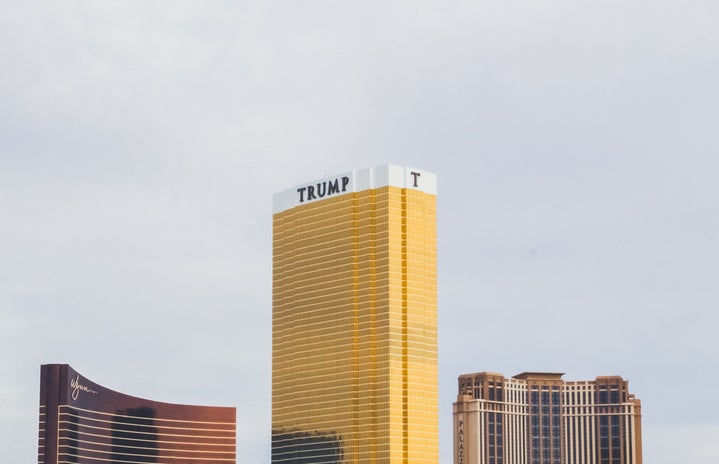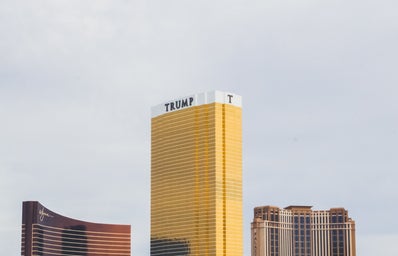Undoubtedly, natural disasters are one of the most terrifying things we as human beings can experience. The combination of uncertainty, lack of control, and destruction quite literally make for a perfect storm. And with climate change showing no signs of ceasing, disasters continue to worsen in scale, magnitude, and damage. However, beyond the physical repercussions of natural disasters lay the social ones—in the reporting of disasters, the availability of resources, and who is able to escape before disasters hit.
Hurricane Harvey was the first major hurricane to reach the United States since Hurricane Wilma, in 2005. Over 70 fatalities occurred over the storm’s existence, and caused over $70 billion in damages. These numbers themselves are startling and disturbing, but perhaps even more so are the deeper, socially rooted issues that surround the hurricane. Reminiscent of the tragedy Hurricane Katrina, natural disasters disproportionately affect disadvantaged people, and Harvey is no exception to this. There are numerous reasons for this; those living in poverty may not have the means to escape in wake of disaster, government-owned housing is often disproportionately destroyed due to its location, as well as those in poverty being less likely to have insurance of any kind, let alone for natural disasters.
Moreover, fake accounts were created, using pictures from previous, unrelated incidents, in order to make people believe that racialization looting had occurred in the wake of Harvey. Though the tweets were quickly discovered to be fake, the culture of fear mongering is reflective of the greater problems within in America today. President Trump’s tweets further reiterate this problem: choosing to discuss the border wall with “highest crime Nations in the world” and the 2016 elections numbers in states such as Missouri in-between tweets about the hurricane.
We should be critical of all media we see—or do not see—and the reporting of Harvey is no different. Further more, how much coverage did we see regarding Hurricane Irma? That is, until it started to affect America itself? The racialization and American-centric reporting of these events once again reflects the greater problem of racism and classism in North America.
The first step to dismantling these racist power structures is to question them, attack them, and demand better coverage. In the wake of tragedy, we should be looking for ways to help those who are underprivileged and vulnerable instead of talking about about election numbers. There is certainly not a simple solution to this issue, and by no means do I imply that there is; rather, that the first step to change is to be conscious of media biases, and how they shape our prejudices in times of fear.
As Hurricane Jose threatens to make landfall in Florida, consider how you can do your part to help. Consider donating to the other areas to be affected: Antigua, Barbuda, Cuba, the list goes on. Continue to be critical of the information we are provided, and understand that even in the wake of disaster, news and aid are dominated by racial and politics biases. Stay aware, stay critical, and remember that climate change is a growing problem—this is only the beginning of the damage we will see in our lifetimes.
Resources:
National Hurricane Centre: http://www.nhc.noaa.gov/graphics_at2.shtml?cone
Donation info: http://fortune.com/2017/09/06/trump-hurricane-harvey-donation/
How you can help: https://www.vox.com/science-and-health/2017/8/27/16211642/hurricane-harvey-donations-charities-disaster-relief
Edited by Sophia Savva

